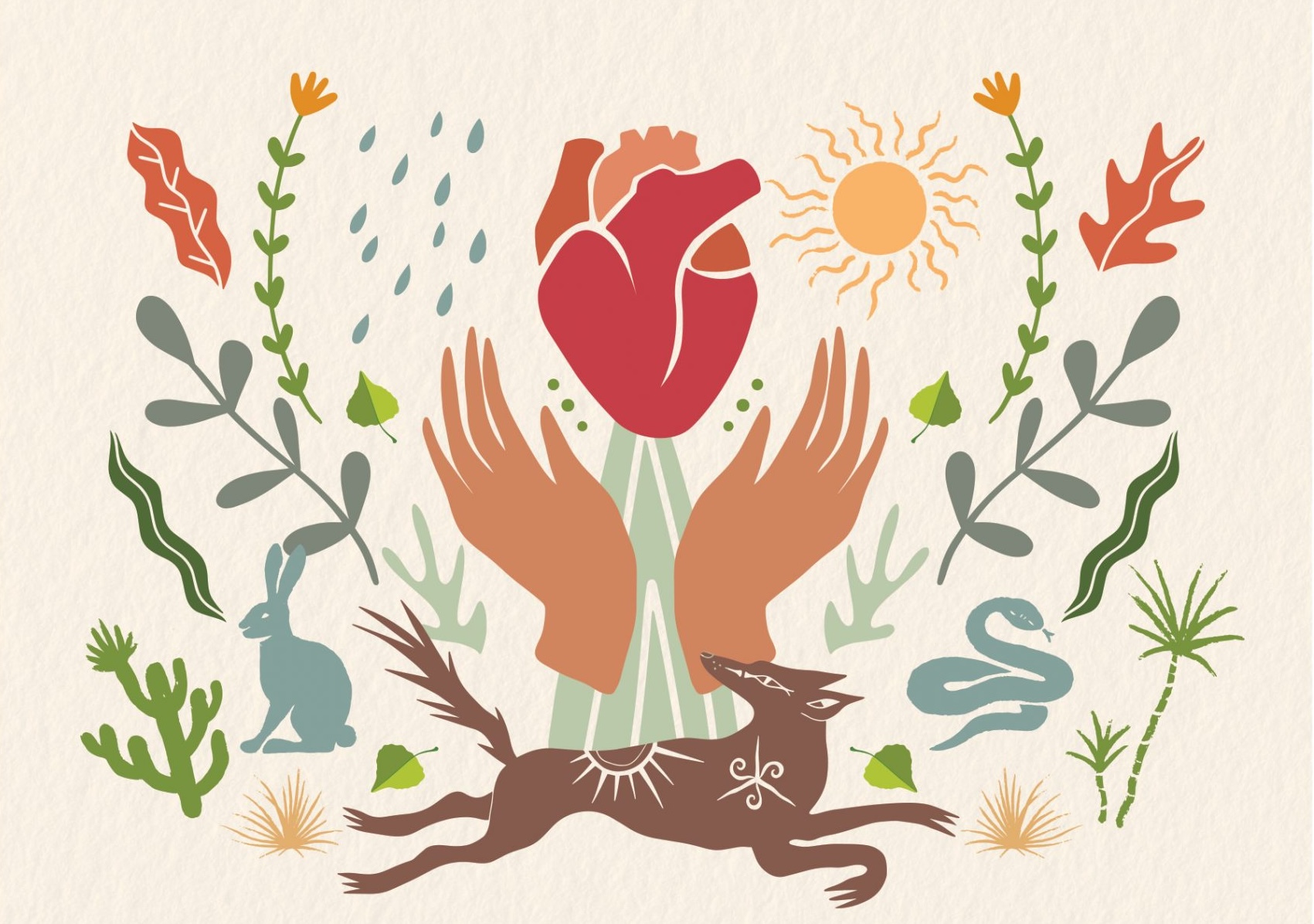
Thinking ecologically—about human health
Wendy Johnson‘s new book, Kinship Medicine, explores the power of strong community, family, and nature––as well as good food and medicine—on keeping us healthy and thriving.

Wendy Johnson‘s new book, Kinship Medicine, explores the power of strong community, family, and nature––as well as good food and medicine—on keeping us healthy and thriving.
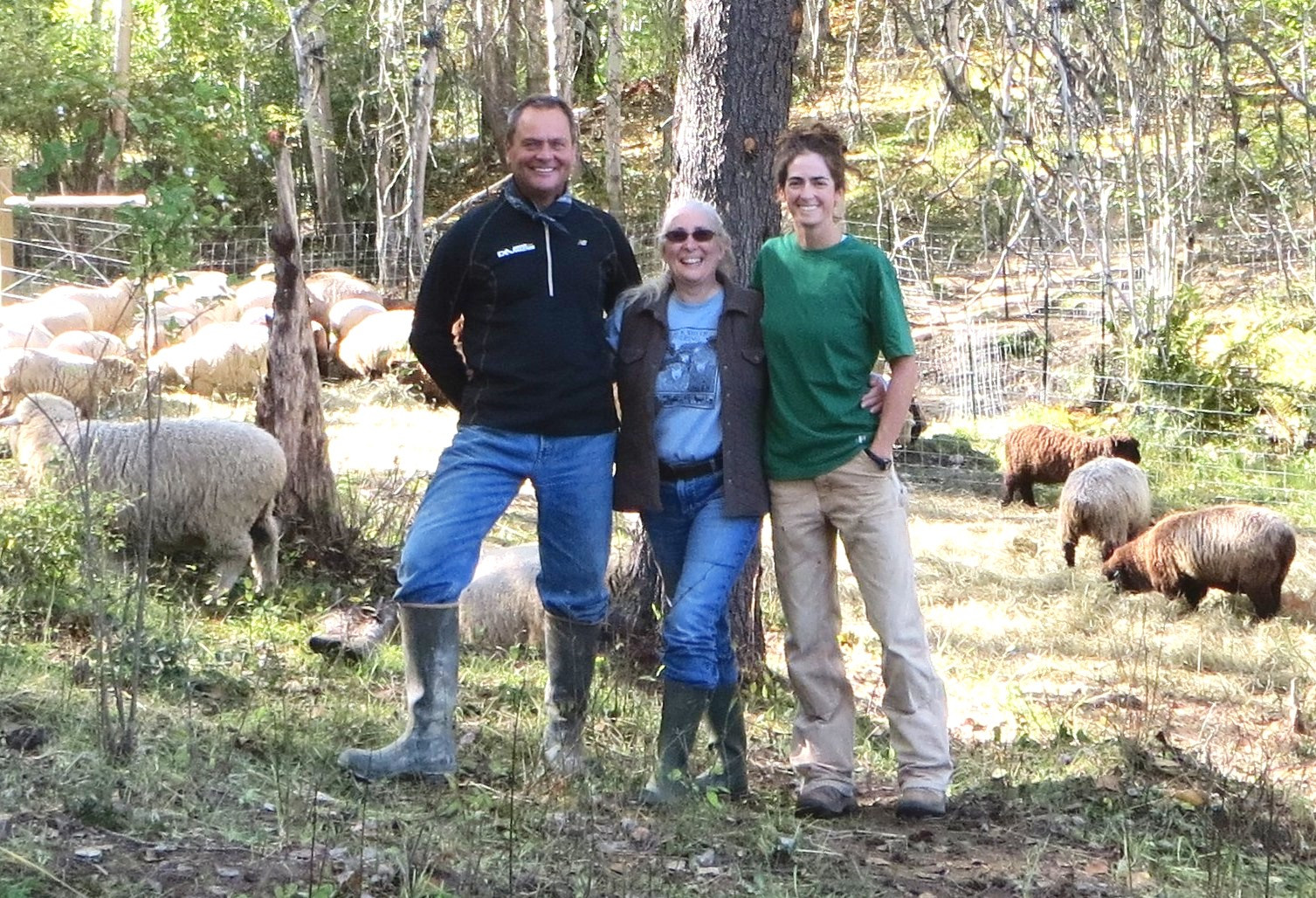
Eileen Napier and Stan Hayes talk about their journey building a thriving regenerative ranch, Ramstead Ranch—from the ground up.

André Leu knows what it takes to pull massive amounts of carbon out of the atmosphere and put it into the soil–permanently. We talk about his new book, The Regenerative Agriculture Solution.
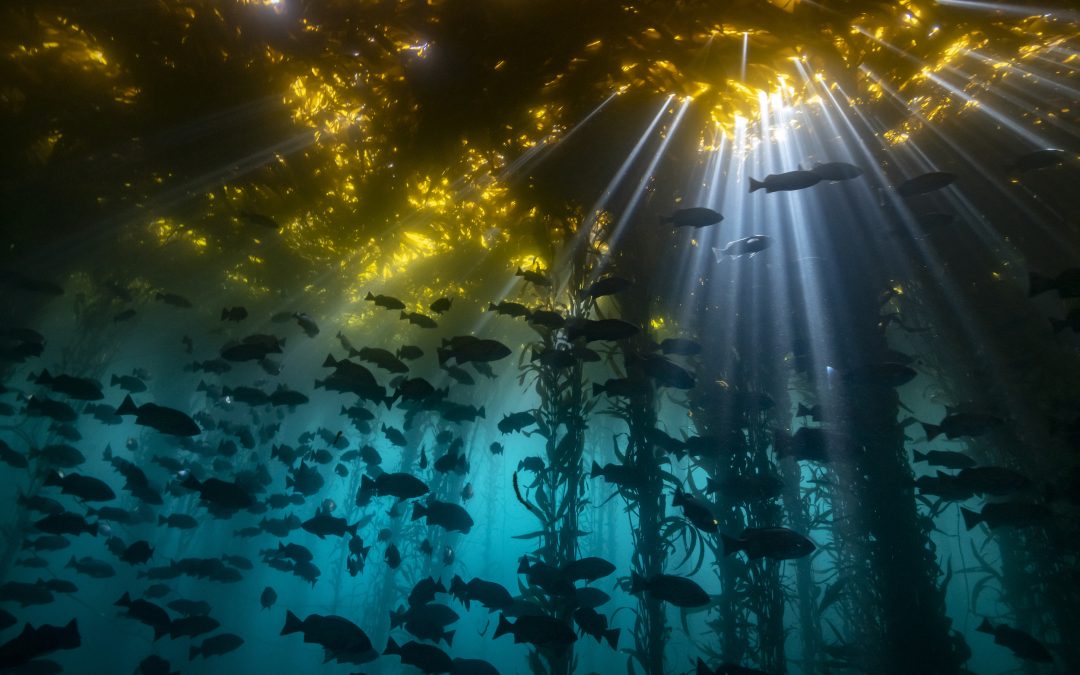
Nick Mendoza studied marine science, but felt he could make a bigger difference as an entrepreneur, bringing sustainably-produced fish products to market.

What are carbon credits? And do they actually work to reduce carbon in the atmosphere? Ecosystem scientist Jane Zelikova explains––including the role of farmers and ranchers in this emerging market.
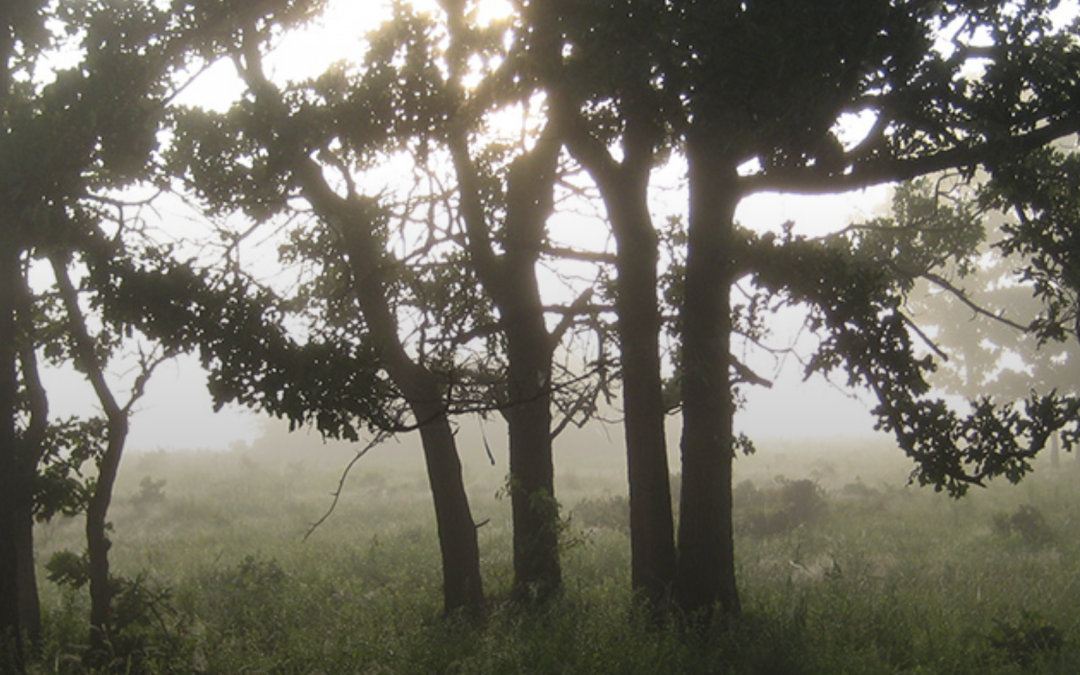
Dr. Hubert Karreman started out as a soil scientist and then fell in love with dairy cows. He became a veterinarian and a regenerative dairy farmer, following a path of respect and reverence for life.
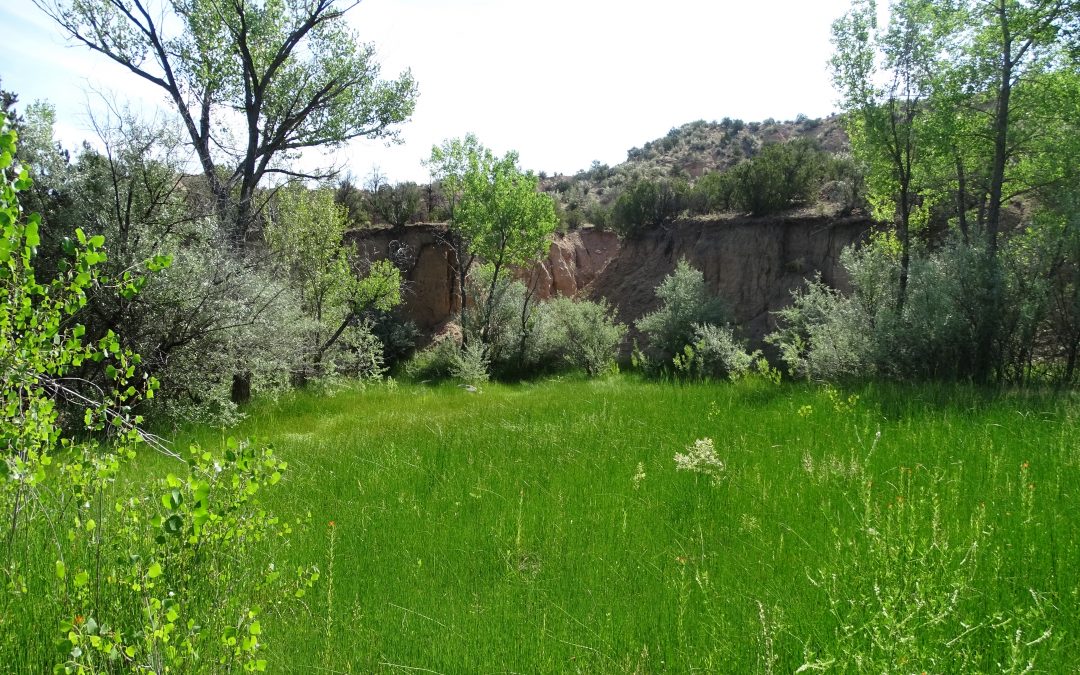
How do you restore an entire forest, or mountain, or watershed? Landscape planner Jan-Willem Jansens has been doing it for decades, and the key is…collaboration.
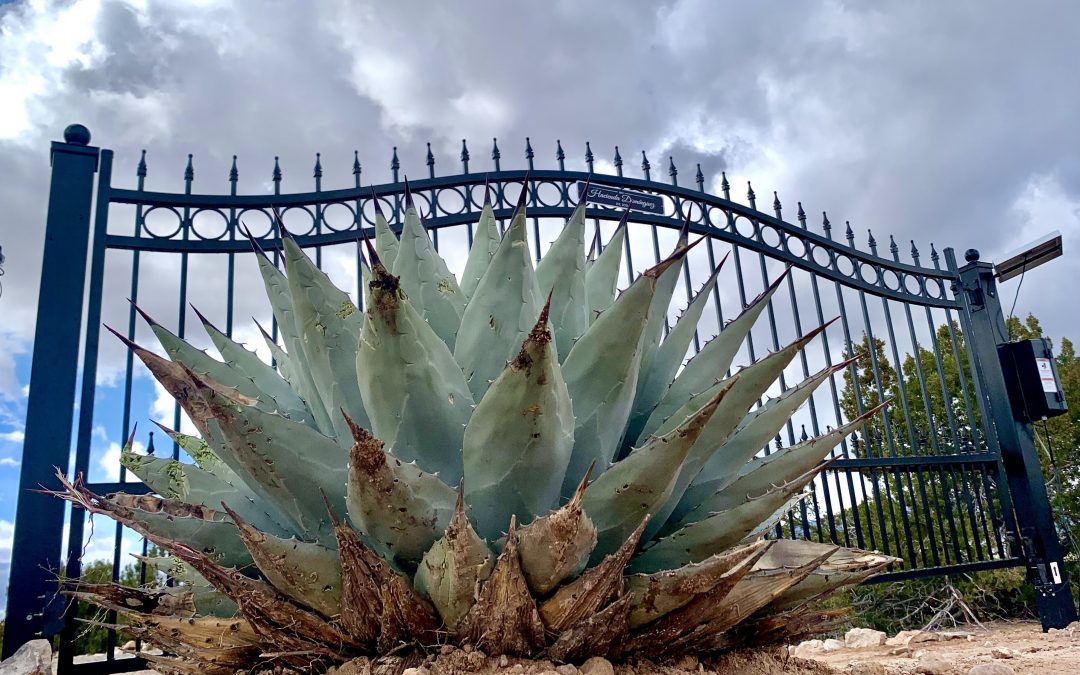
Lorenzo Dominguez and his family left the lucrative but stressful world of New York business in order to get more connected to land, people, and food. Two years in, their New Mexico farm is already a center for production and learning.
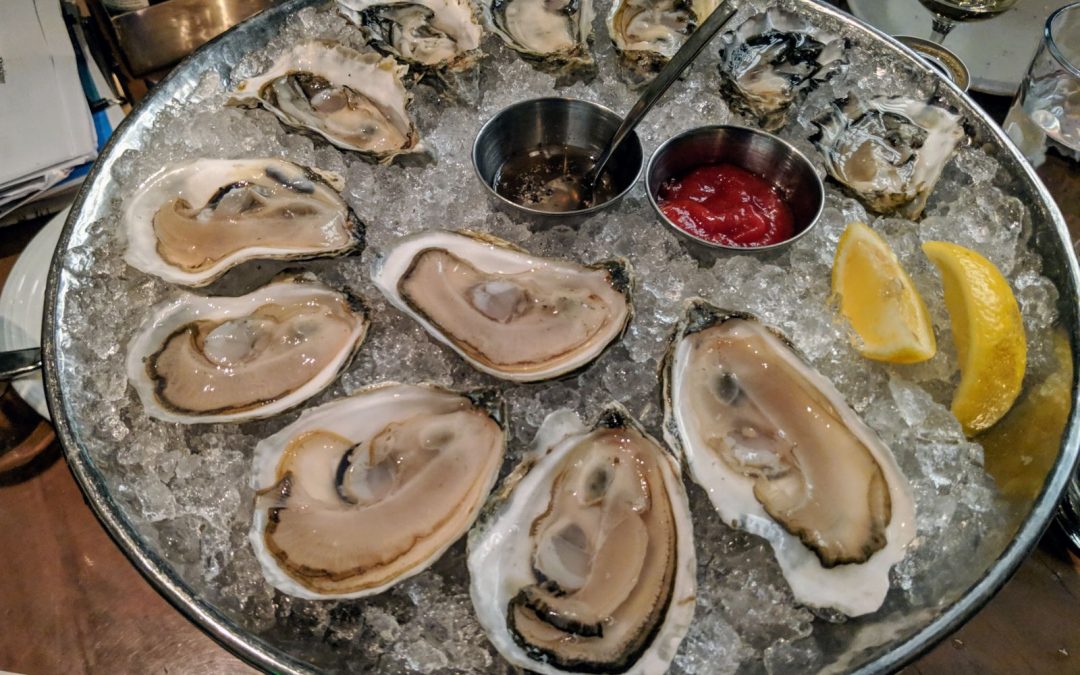
Shellfish biologist Rick Karney and oyster farmer Alex Friedman talk about the realities of oyster farming and habitat restoration on the East coast.
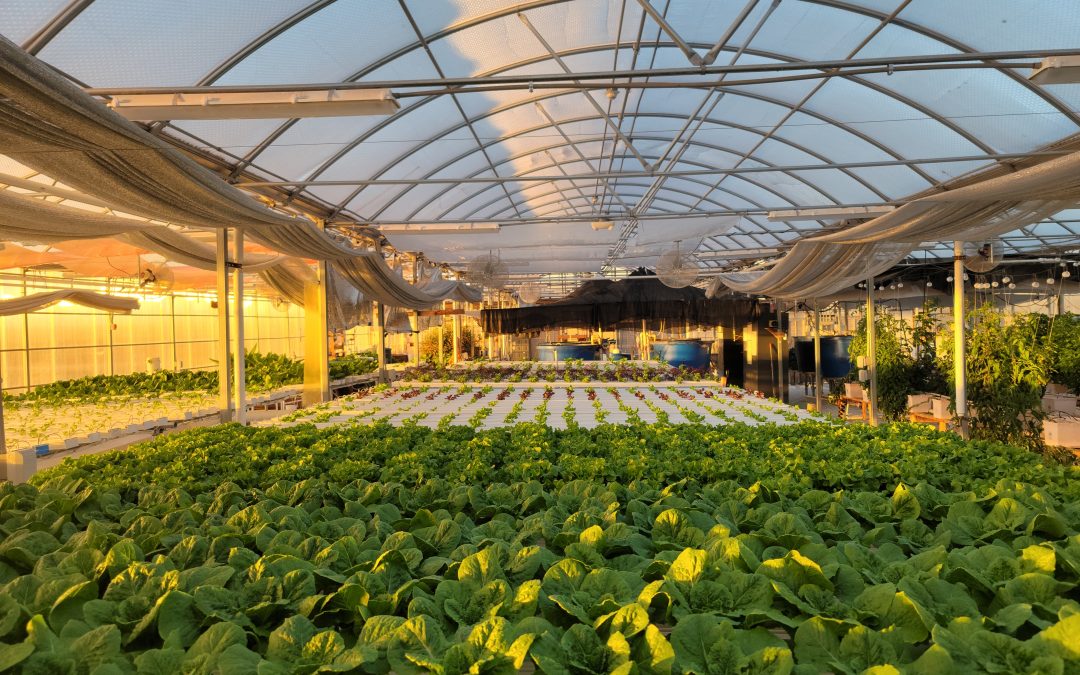
Charlie Shultz is teaching students how to grow fish and plants in in mutually beneficial systems, as well as healthy, nutrient-dense greenhouse crops––all year round. It’s all about sustainable, local, healthy, and economically thriving food systems.